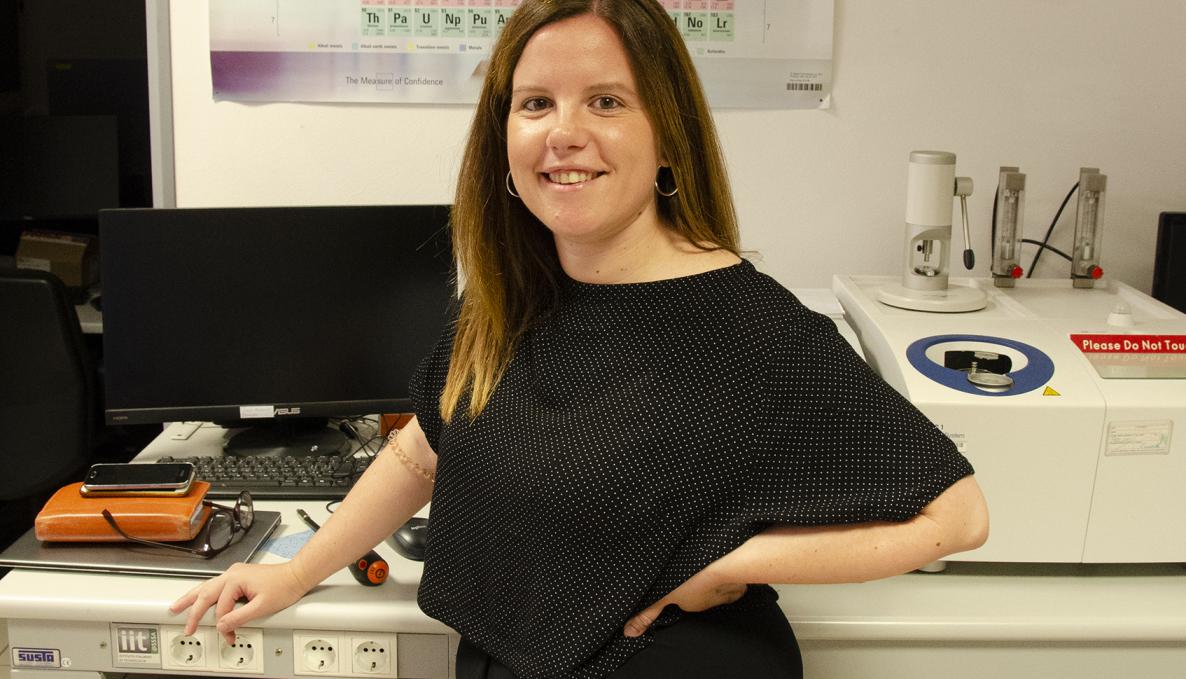INTERNATIONAL AWARDS: BIOROBOTICS INSTITUTE POSTDOCTORAL RESEARCHER RECEIVES MARIE SKLODOWSKA-CURIE GRANT TO DEVELOP MAGNETIC MICROROBOTS FOR TARGETED THERAPIES IN SPECIFIC PARTS OF HUMAN BODY

Robots that navigate human blood vessels seem to be science fiction or a novel by Isaac Asimov but in the last few years researchers have actually made advances that could lead to magnetic microrobots for targeted therapies in specific parts of human body. Veronica Iacovacci, a postdoctoral researcher at the Sant’Anna School BioRobotics Institute, is developing microrobots that can navigate the human body to deliver drugs or embolize tumor blood vessels under the coordination of Professor Arianna Menciassi, vice-rector of Sant’Anna. In her articles and contributions published in scientific journals, Veronica Iacovacci described her approach to Magnetic swArms for liver chemoeMBOlization (MAMBO) for which she has been recently awarded a EC Marie Sklodowska-Curie grant.
MAMBO is a three-year project beginning on 1st September 2020. It will develop drug-loaded soft magnetic microrobots responsive to ultrasound. Magnetic swarm control techniques will be employed to enable the microrobots' locomotion in biologically relevant fluids for a range of clinical applications including liver chemoembolization. This will enable microrobot swelling and controlled vessel occlusion while providing simultaneous ultrasound-based imaging to guarantee their tracking in vivo. Swarm technologies, micro robotics and soft robotics have the best chance of becoming an important part of medical treatments in the future. “MAMBO magnetic swarms can be used as drug targeted delivery vehicles – explains Veronica Iacovacci – they have the potential to improve the precision medicine for cancer and to enhance the imaging-guided therapeutic action.”
MAMBO is run in partnership with the Chinese University of Hong Kong. The Marie Sklodowska-Curie grant will allow her to spend two years this institution to pursue further research under the supervision of prominent Hong Kong Professor Li Zhang. In the third year, Iacovacci will complete her project on high-precision navigation microrobots featuring repeatable and controllable change in position with imaging approaches achieving extremely high resolution at the Sant’Anna Biorobotics Institute.



